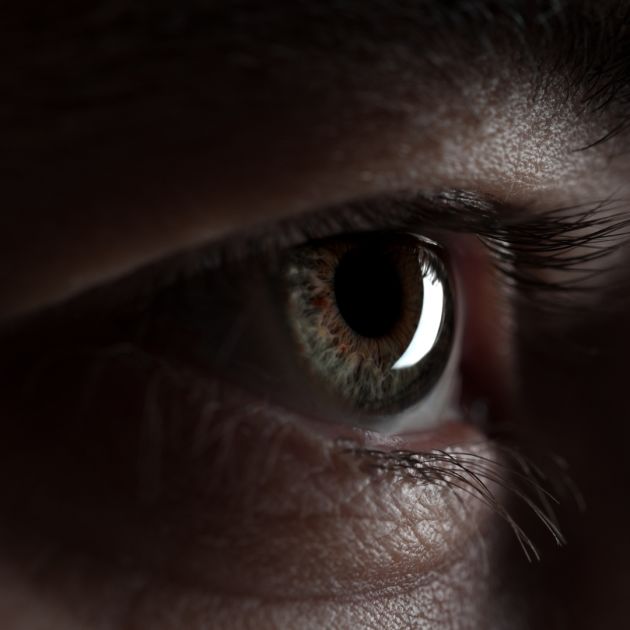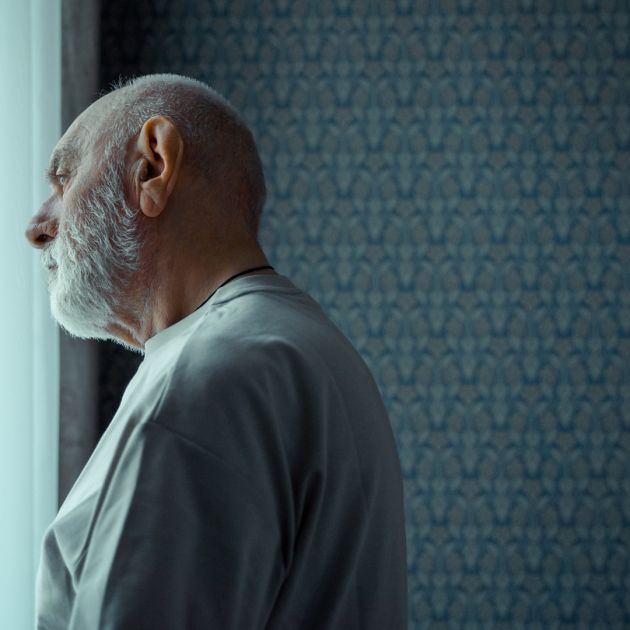How hearing loss differs from sight loss
Aug 15, 2023 in Hearing Care

We often think about hearing loss and sight loss as two completely different entities. However, while they are different physically and affect different parts of the body, hearing loss and sight loss share many similarities in terms of their mental toll.
Let’s take a deeper look at both conditions to help you understand more about them, their similarities and differences, and, most importantly, what to do if you are experiencing either.
What is hearing loss?

Hearing loss occurs when sound signals are not fully transmitted to the brain. The less these signals are received by the brain, the greater the degree of hearing loss. Of course, sound signals don’t just stop travelling to the brain of their own accord; there is normally something that prevents them. These are the different types of hearing loss.
Sensorineural hearing loss - This type of hearing loss occurs naturally with age, noise exposure or as a result of injury. It is caused by damage to the sensitive hair cells inside the inner ear or to the auditory nerve, both of which play a vital role in transmitting sound signals.
Conductive hearing loss – Conductive hearing loss is experienced when sounds cannot reach the inner ear due to blockages such as ear wax build-up or middle ear issues such as a perforated eardrum.
It’s reported that, on average, 1 in 6 people in the UK have a form of hearing loss [1]. However, of the 6.7 million who could benefit from the help of hearing aids, only 2 million use them.
Because our hearing changes over time, we recommend adults to have regular hearing checks every two years, just like they would do with their eyes. This is particularly important for the over 50’s as that’s when the risk of hearing loss increases to around 40%, rising to 70% in the over 70’s.

What is sight loss?
Sight or vision loss refers to either complete or partial loss of a person's vision. There are many causes of sight loss, which can mean that the loss can occur gradually over a period of time or suddenly, and the losses can be temporary or permanent.
Regular eye tests are the most important tool when it comes to diagnosing problems with your vision, especially loss. This is why we recommend visiting us every one to two years. (Of course, if you notice any problem or concerns with your vision, do come and see us sooner!)
Understanding the differences between hearing loss and sight loss
Now that you have a better understanding of the two conditions, let's look at the main differences between hearing loss and sight loss.
Both hearing loss and sight loss affect the way you go about your day-to-day life, but they do so in different ways. A person with hearing loss will often miss key information cues, such as the doorbell, a phone ringing or even a fire alarm. This also affects conversations, where key points are often misheard, or not heard at all.
On the other hand, a person with sight loss is likely to miss key physical cues, such as seeing the curb or obstacles in their way, even down to the simplest of tasks like making a cup of tea. In turn, this might result in the individual partaking in less physical activity.
Another key difference between them is their perception within society. People are often more willing to admit that they have an issue with their vision than they are with their hearing. People of all ages and genders are frequently seen wearing glasses, so these days they carry little to no negative connotations. Hearing loss, however, still seems to carry some stigma, with many people assuming it's only the elderly who are affected (which we know isn’t the case). In fact, it can take some people up to 10 years from noticing a hearing loss to actually doing anything about it! [2] You wouldn’t wait that long if it was your eyes, would you?
How can they affect us?

Whether it’s hearing loss or sight loss, both conditions can have an impact on our physical and mental well-being if left untreated. They can leave us feeling as though we can't engage in certain activities, such as socialising, which can have a much more long-lasting effect on our mental health. In some cases, this can lead to symptoms of depression, social isolation, and anxiety.
Both conditions, if left untreated, can also result in a loss of independence. This might mean relying more on others, whether that's a friend or partner relaying a conversation back to you because you haven't heard it, or your vision loss inhibiting your driving abilities, so you have to ask someone to take you where you want to go.
How are hearing loss and sight loss similar
One of the biggest similarities between hearing loss and sight loss is our ability here at Leightons to support you in managing them. Our expert teams span the world of optics and hearing care to provide you with all of the necessary support and guidance for your ongoing care. This includes hearing aids, glasses, and onward referrals. The sooner you seek help for these conditions, the more support we can provide.
Want a hearing test or eye exam? Book yours today!
To book a FREE hearing assessment, an eye examination or one of our other services, you can visit your nearest Leightons practice, book an appointment online, or call our Dedicated Patient Support Team on 0800 40 20 20.
[1] https://www.baaudiology.org/about/media-centre/facts-about-hearing-loss-and-deafness/

